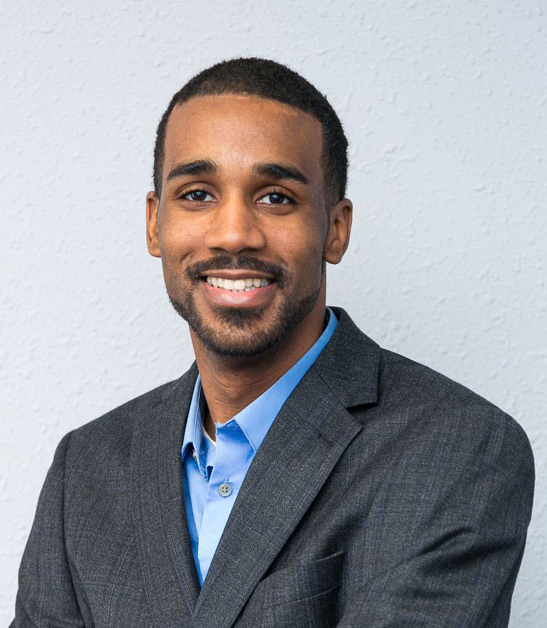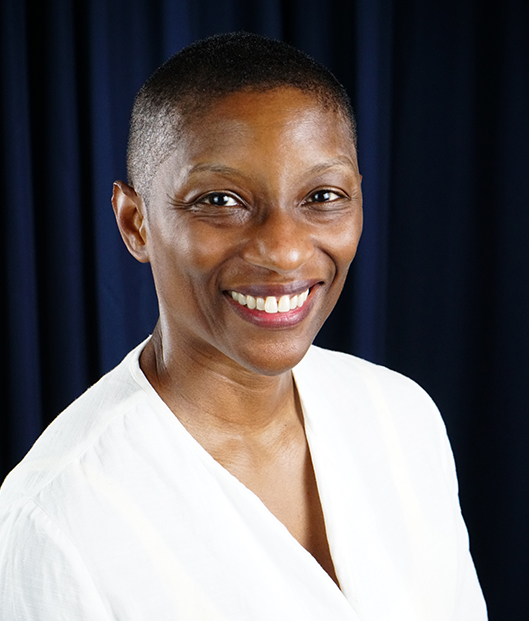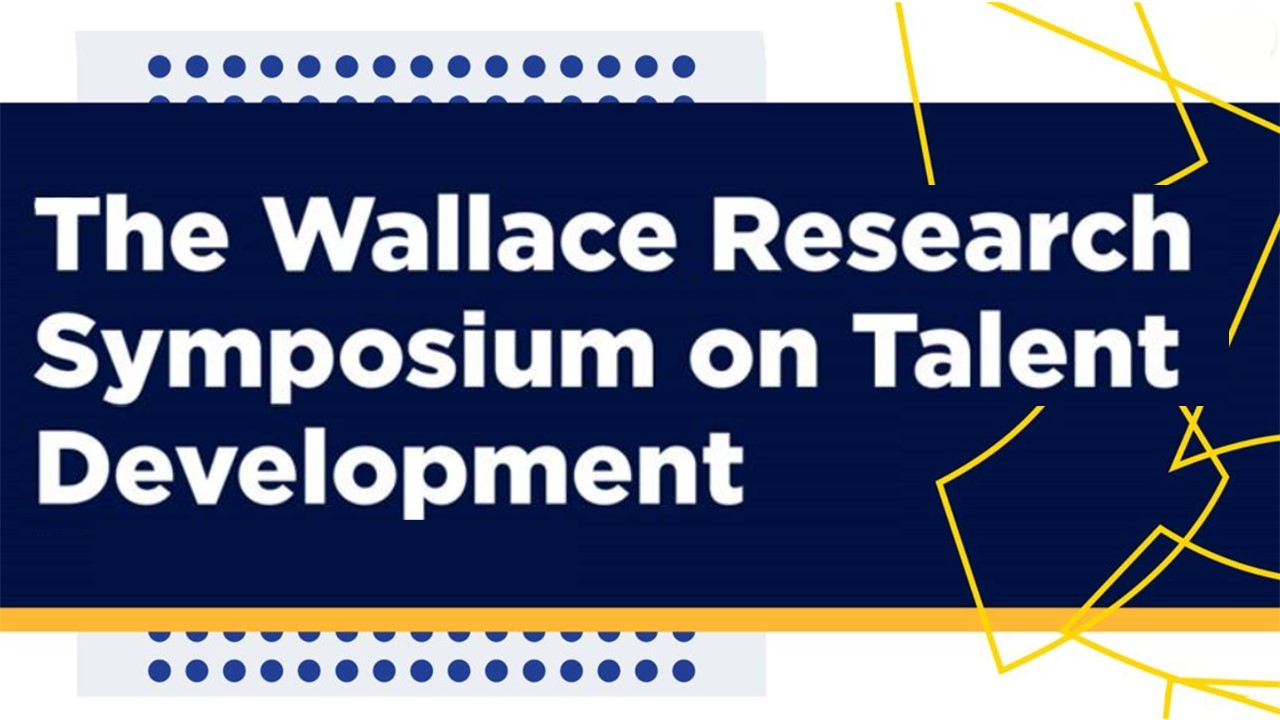
Schedule
Speakers
Campus/Building Maps
Updates
Panel: What is the Future of Gifted Education and Talent Development? — Camilla P. Benbow, Linda Brody, Dante Dixson, Andrea Dawn Frazier, David Lubinski, & Joyce VanTassel-Baska with Carolyn Callahan as moderator
Sunday, May 19, 2024, 7:00 – 8:15 pm, Student Union
As schools and the world at large are faced with innumerable crises and conflicts that range from the outcomes of the Covid 19 pandemic, to wars, political divides, poverty, and evolving understandings of identity, the future of gifted education is at a crossroads. Questions of how to best respond to the many changes that are inevitable in ways that will enhance the development of the talents and abilities of all children, including the gifted, abound. What do leaders in the field see as the greatest challenges and the most viable and effective responses to those challenges?
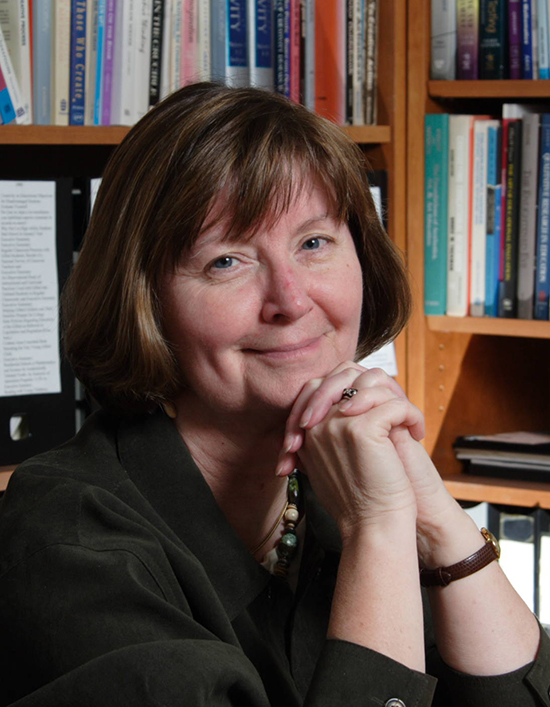
Dr. Carolyn M. Callahan (Moderator), Commonwealth Professor of Education Emeritus at the University of Virginia taught classes in gifted education and founded the Summer Enrichment Program. She served as a principal investigator on multiple studies of the National Center for Research on Gifted Education (formerly NRC/GT), and principal investigator on multiple Javits grants including Project PLACE, focusing on the identification and provision of services to rural gifted students. Her work with the NRC/GT and with the Javits projects has focused on identification of gifted students from under-represented populations, curriculum development, evaluation, and program implementation. Her scholarship has also included research and service in the areas of program evaluation and gifted females. She has been recognized as Outstanding Professor of the Commonwealth of Virginia and Distinguished Scholar of the National Association for Gifted Children (NAGC) and has served as President of NAGC and the Association for the Gifted, and as Editor of Gifted Child Quarterly and Journal for the Education of the Gifted. Dr. Callahan has published over 250 articles and 50 book chapters. She is the co-editor of, Fundamentals of Gifted Education: Considering Multiple Perspectives (2nd ed.) and Critical Issues in Gifted Education (3rd ed.).
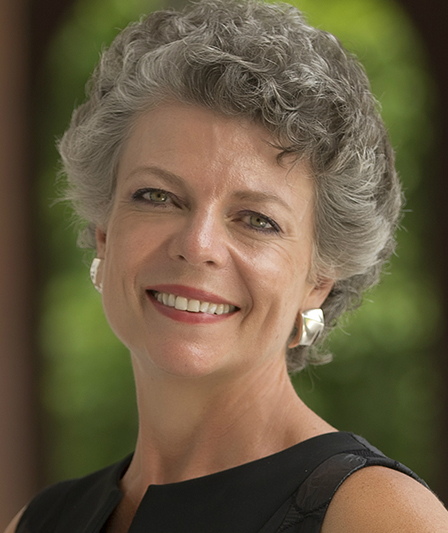
Camilla P. Benbow is Patricia and Rodes Hart Dean of Education and Human Development at Vanderbilt Peabody College of education and human development, which she has led since 1998. Benbow is the author or co-author of more than 100 articles and 39 book chapters on talent identification and development. She co-directs the Study of Mathematically Precocious Youth (SMPY), a longitudinal study of 5,000 gifted individuals which has run more than 50 years. SMPY findings have helped shape policy and practice in gifted education. Benbow is particularly interested in developing STEM talent, which was a focus of her service as a member of the National Science Board (2006–2012) and vice-chair of the National Mathematics Advisory Panel (2006–2008). She is a Fellow of the American Psychological Association and the American Educational Research Association. Dean Benbow also has been honored with the International Award for Research from the World Council for Gifted and Talented Children (2019), the Lifetime Achievement Award of the International Society for Intelligence Research (2018), and the David Imig Award of the American Association for Colleges of Teacher Education (2010). Dean Benbow previously taught at Iowa State University and earned her doctorate in education from John Hopkins University.
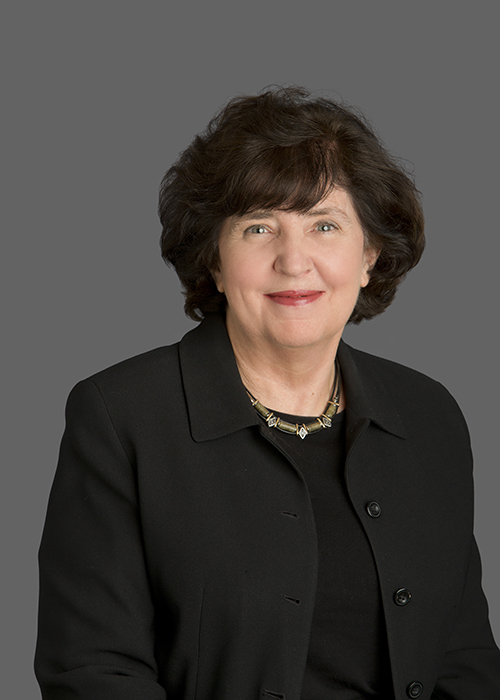
Linda Brody directed the Study of Exceptional Talent (SET) at the Johns Hopkins University Center for Talented Youth (CTY) for 30 years, a program that identified students with exceptionally advanced abilities, offered them individualized counseling, and evaluated the efficacy of their choices. Since SET students exhibited unique strengths and weaknesses and came from a variety of circumstances, advice often focused on utilizing accelerative strategies and accessing out-of-school opportunities to meet their academic and social needs. Linda’s commitment to individualized educational decision-making was influenced by her work in SET as well as by her experiences teaching in a low-income urban district and her efforts on behalf of twice-exceptional students. She co-edited one of the first books in the field on twice-exceptional students and co-founded a Diagnostic and Counseling Center at CTY focused on this population. Linda has also published on the Talent Search model, acceleration, the social/emotional needs of gifted students, and gifted girls. Under her direction, SET produced Imagine for 25 years, a subscription-based magazine that spotlighted out-of-school opportunities for students to pursue their interests. Recently retired from Johns Hopkins, Linda continues to write and collaborate with colleagues, serves on several GT Advisory Boards, and responds to parents seeking advice.
Dante Dixson is an associate professor of school and educational psychology at Michigan State University. His research interests include the role of hope in the educational and psychological functioning of children and adolescents, psychosocial precursors of achievement, at-risk youth, the achievement gap and academic talent development/gifted education. Dixson’s current largest project centers around implementing one-time, universal hope interventions in high schools. The goal of the interventions is to get minority and disadvantaged students to aspire to new heights and believe that they can live up to their ambitions. Other current projects include investigating the role that psychosocial factors (e.g., academic self-concept, work ethic and curiosity) play in the achievement gap, the achievement of minority and disadvantaged youth and gifted students living up to their full potential.
Dr. Andrea Dawn Frazier is an educational psychologist, and she currently teaches educational research courses in the Department of Teacher Education, Leadership, and Counseling at Columbus State University. Her research interests encompass the educative experience of students of color and girls, with recent work exploring possible selves as a pathway to STEM degree attainment for underrepresented students. She co-edited “Special Populations in Gifted Education: Understanding Our Most Able Students from Diverse Backgrounds” with Dr. Jaime Castellano. Along with her work as a faculty member and researcher, she currently serves as the Possible Selves Coordinator with the Louis Stokes Alliance for Minority Participation (LSAMP) program and the Associate Editor for Gifted Child Quarterly.
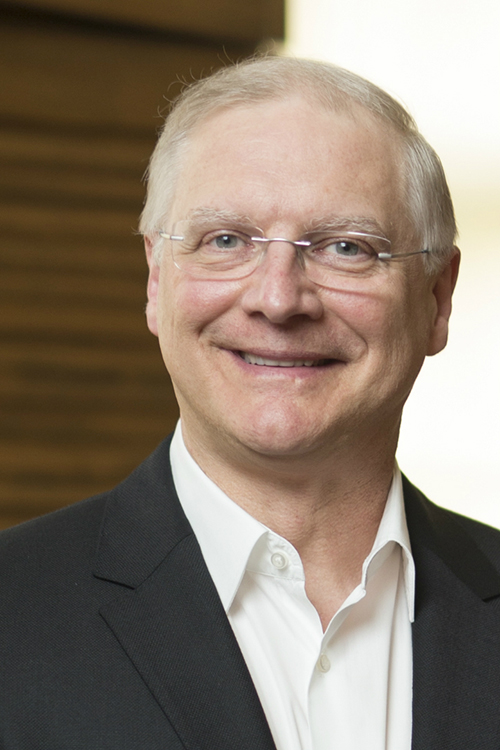
David Lubinski is Cornelius Vanderbilt Professor of Psychology at Vanderbilt University, where he co-directs the Study of Mathematically Precocious Youth (SMPY). His research interests are in modeling the development of exceptional intellectual talent over the lifespan to uncover factors that enhance and attenuate learning and work accomplishments as well as creativity and eminence. He has served as President of the International Society for Intelligence Research, a trustee for the Society for Multivariate Experimental Psychology, and Associate Editor for the Journal of Personality and Social Psychology. He received APA’s 1996 Early Career Award (psychometrics/applied individual differences), and APA’s George A. Miller Outstanding Article in General Psychology Award (twice 1996, 2016), the Distinguished Scholar Award (National Association for Gifted Children. 2006), the MENSA Research Foundation’s Lifetime Achievement Award (2015), and the Lifetime Achievement Award: For Outstanding Contributions to the Field of Intelligence (2018) from the International Society for Intelligence Research.
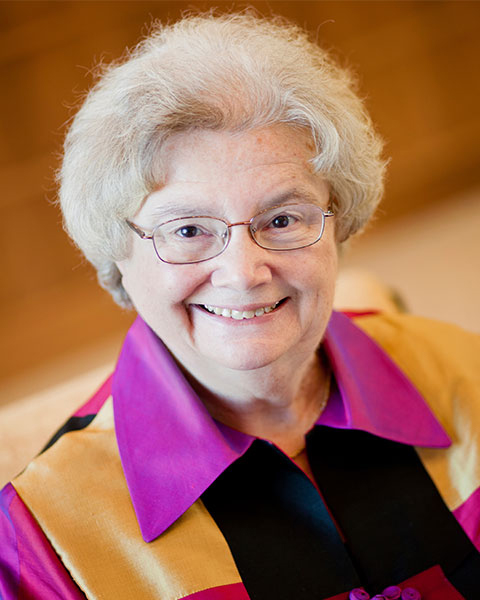
Joyce VanTassel-Baska is the Jody and Layton Smith Professor of Education Emerita and former Executive Director of the Center for Gifted Education at The College of William and Mary in Virginia where she developed a graduate program and a research and development center in gifted education. She has worked as a consultant on gifted education in all 50 states. She has consulted internationally in more than 30 countries including Australia, Singapore, and Kazakhstan. She served as president of The Association for the Gifted (TAG) of the Council for Exceptional Children, Phi Delta Kappa, and the National Association for Gifted Children (NAGC). Dr. VanTassel-Baska has published widely including 38 books and over 700 refereed journal articles, book chapters, and scholarly reports. Dr. VanTassel-Baska also conducted over 75 evaluations of school districts, universities, and state department programs and services for the gifted. She was the principal investigator on 62 grants and contracts totaling over $15 million. She has received numerous awards for her work, including six from the National Association for Gifted Children from 1986-2018, the State Council of Higher Education in Virginia Outstanding Faculty Award, (1993) the Phi Beta Kappa faculty award (1995), the President’s Award and the Distinguished Service Award,(1995-96) World Council on Gifted and Talented Education, and the Distinguished Service Award, CEC-TAG, in 2007.




